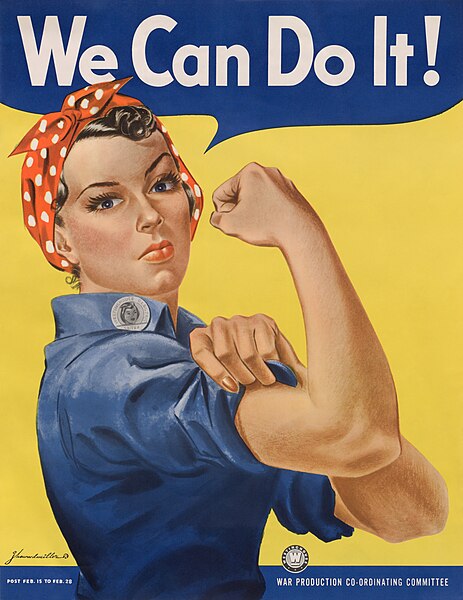The history of feminism comprises the narratives of the movements and ideologies which have aimed at equal rights for women. While feminists around the world have differed in causes, goals, and intentions depending on time, culture, and country, most Western feminist historians assert that all movements that work to obtain women's rights should be considered feminist movements, even when they did not apply the term to themselves. Some other historians limit the term "feminist" to the modern feminist movement and its progeny, and use the label "protofeminist" to describe earlier movements.
Christine de Pizan presents her book to Queen Isabeau of Bavaria.
First edition print of A Vindication of the Rights of Woman
John Neal
Florence Nightingale
The feminist movement, also known as the women's movement, refers to a series of social movements and political campaigns for radical and liberal reforms on women's issues created by inequality between men and women. Such issues are women's liberation, reproductive rights, domestic violence, maternity leave, equal pay, women's suffrage, sexual harassment, and sexual violence. The movement's priorities have expanded since its beginning in the 1800s, and vary among nations and communities. Priorities range from opposition to female genital mutilation in one country, to opposition to the glass ceiling in another.
The "We Can Do It!" war-propaganda poster from 1943 was re-appropriated as a symbol of the feminist movement in the 1980s.
A YPJ fighter, in November 2014






